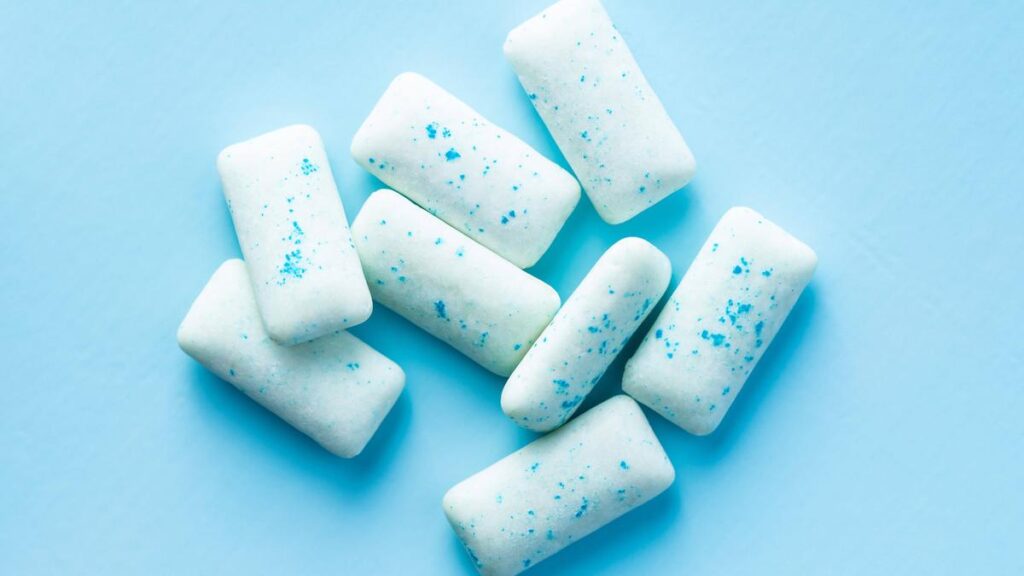
URGENT UPDATE: Alarming new research has revealed that the sugar substitute sorbitol, commonly found in sugar-free products, could significantly increase the risk of liver disease. The study, published in Science Signalling, indicates that sorbitol may contribute to the development of metabolic dysfunction-associated steatotic liver disease (MASLD), a condition that currently affects up to one in five Britons.
This urgent finding highlights the potential dangers of consuming products marketed as healthier alternatives. Researchers used zebrafish in their experiments to observe the effects of sorbitol on the liver when the gut microbiome is disrupted. When antibiotics were administered to eliminate beneficial gut bacteria, sorbitol levels surged, leading to harmful fat accumulation in the liver—even in fish that maintained a normal diet.
Lead researcher Dr. Gary Patti emphasizes that sorbitol is “one transformation away from fructose,” a sugar notorious for exacerbating health issues like cancer and fatty liver disease. While our bodies naturally produce small amounts of sorbitol during digestion, a healthy gut microbiome typically breaks it down safely. Dr. Patti warns, “If you don’t have the right bacteria, that’s when it becomes problematic… sorbitol doesn’t get degraded and is passed on to the liver.”
The implications of these findings are profound. Even individuals with healthy gut bacteria may not be completely safe; excessive glucose or sorbitol can overwhelm these microbes, allowing sorbitol to reach the liver and convert into a fructose derivative, further promoting fat buildup. The research concludes that excessive sorbitol intake “may pose a risk for the development of MASLD.”
The study arrives at a critical time as concerns grow over the safety of artificial sweeteners. While many experts still advocate for sugar substitutes over traditional sugar, the notion that they are harmless may require reevaluation.
As the conversation around diet and health continues to evolve, consumers are urged to reconsider their choices. This study underscores the importance of understanding how seemingly benign ingredients like sorbitol can have serious health implications.
With liver disease on the rise, particularly in developed nations, these findings may prompt a reassessment of dietary guidelines and consumer habits. Researchers and health officials alike are calling for increased awareness regarding the consumption of sorbitol and its potential link to liver disease.
Stay tuned for more updates as the health community responds to these alarming revelations. Share this information widely to inform others about the potential risks associated with sugar-free products containing sorbitol.





